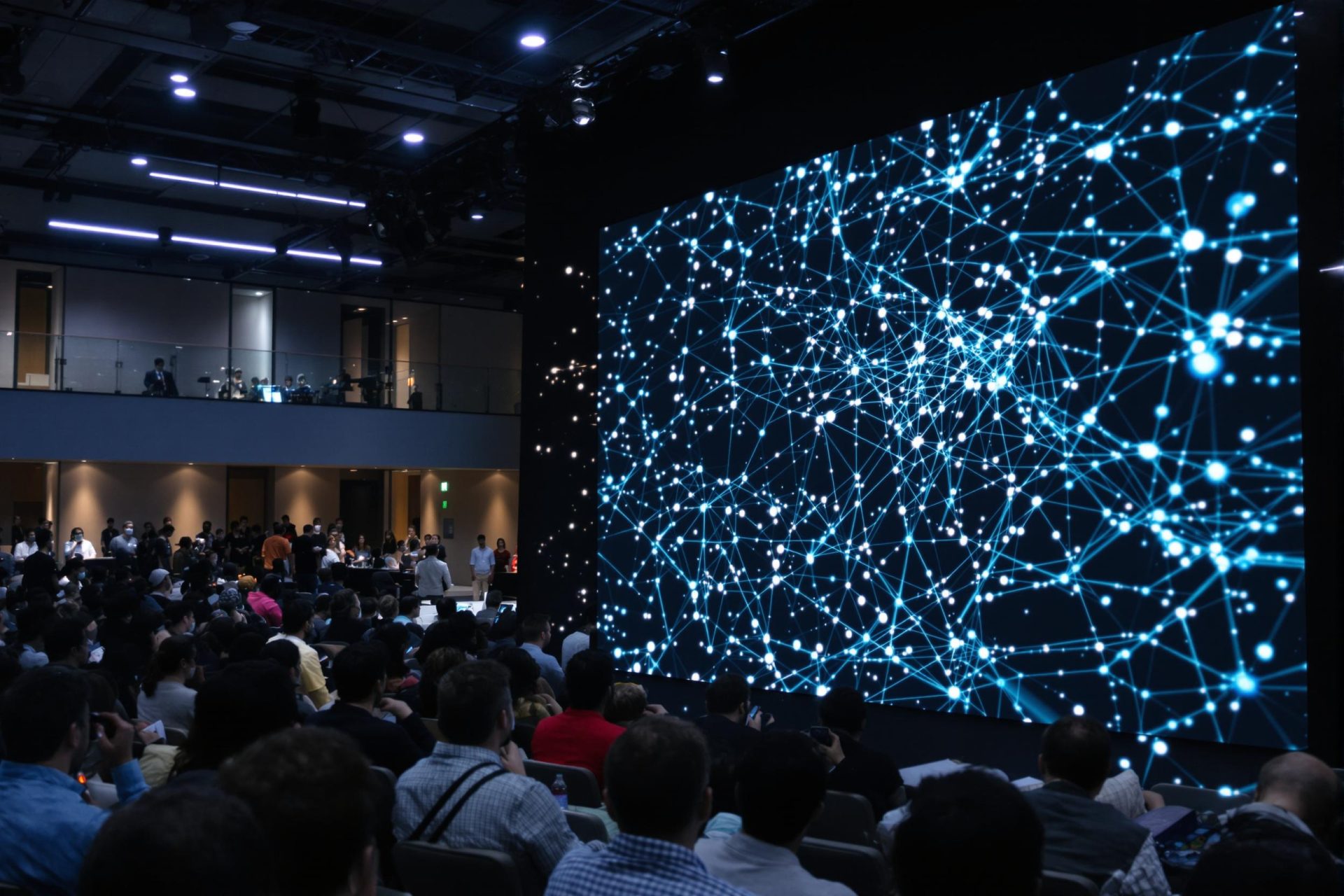Key Takeaways
- A new technology called Model Context Protocol (MCP) is quickly becoming a popular way for different AI systems to work together.
- Many major tech companies are starting to use MCP, even though it’s not yet an official industry standard.
- MCP gives businesses finer control over how AI agents access and use their data compared to older methods.
- The push for MCP highlights a growing need for universal communication rules in the rapidly expanding world of AI.
A technology known as Model Context Protocol, or MCP, released by Anthropic in November 2024, is rapidly gaining favor within the AI industry. In just seven months, it has emerged as a leading choice for enabling different AI systems to communicate and collaborate effectively.
While MCP isn’t technically an official standard yet, numerous companies are investing in MCP servers. They believe it’s crucial to build the groundwork for this kind of “interoperability” – a common language for AI – sooner rather than later. Many see MCP as a front-runner to connect the growing ecosystem of AI agents.
MCP is one of several new protocols designed to let AI agents, built on various platforms, understand each other. The core idea, shared by projects like Google’s Agent2Agent and Cisco’s AGNTCY, is to establish a universal standard that everyone can adopt.
Jeff Wang, co-founder of AI search company Exa, told VentureBeat that the recent surge in interest for such tools is because AI models “are finally reaching a critical level of capability to use these tools effectively.” He suggests that systems are now powerful enough to make connecting them worthwhile.
In recent months, prominent companies including OpenAI, Glean, MongoDB, Cloudflare, PayPal, Wix, and Amazon Web Services have either launched MCP servers or integrated the protocol. This list continues to expand.
A key appeal of MCP is how it streamlines the interaction between AI models and data or tools. Previously, developers used APIs, but these can be clunky, especially for automated AI agents. Ben Flast, director of product at MongoDB, noted that MCP offers “a lot more control and granularity.”
Flast further explained to VentureBeat, “You take MCP and put it on top of whatever context you have, then you now have a very fine-grained method with which you can control and expose the capabilities you need.”
Unlike typical APIs, MCP servers can be set up with custom rules dictating what AI agents can and cannot access. The server can even verify an agent’s identity before granting access, giving companies more say over their data.
Sagar Batchu, CEO of API tooling firm Speakeasy, mentioned that MCP effectively transforms the API into a more intuitive chat-like interface. He added that this reduces the need for constant manual API updates for his company and its customers.
The buzz around MCP is evident, with support for it becoming a common theme in AI announcements, alongside new models and agent-building tools. This suggests the industry might be rallying around a preferred solution.
Yaniv Even Haim, CTO of website builder Wix, told VentureBeat that MCP “aligns with the industry’s shift toward LLM-powered development.” He sees Wix’s MCP server as a way for users to interact with Wix tools through various AI interfaces seamlessly.
Endorsements from tech leaders further underscore MCP’s growing acceptance. Microsoft CEO Satya Nadella highlighted open protocols like MCP as “key to enabling the agentic web,” and Google CEO Sundar Pichai has also expressed support.
However, some companies are proceeding with caution. Shawn Malhotra, CTO of Rocket Companies, shared with VentureBeat that while they see the potential and are experimenting internally, they plan to wait for “more critical mass” before fully committing to MCP or similar protocols.
Many companies, even those fully embracing MCP like Exa and Confluent, acknowledge that their customers might use various protocols. This means supporting multiple communication methods could be common practice for a while.
Walter Sun, SAP’s global head of Business AI, also pointed out that communication can happen at many levels, suggesting a place for different types of agent-to-agent interaction protocols.
It’s clear that the AI world will eventually settle on interoperability standards. The increasing adoption of MCP, driven by diverse company needs, signals that the demand for such universal rules is only getting stronger.



